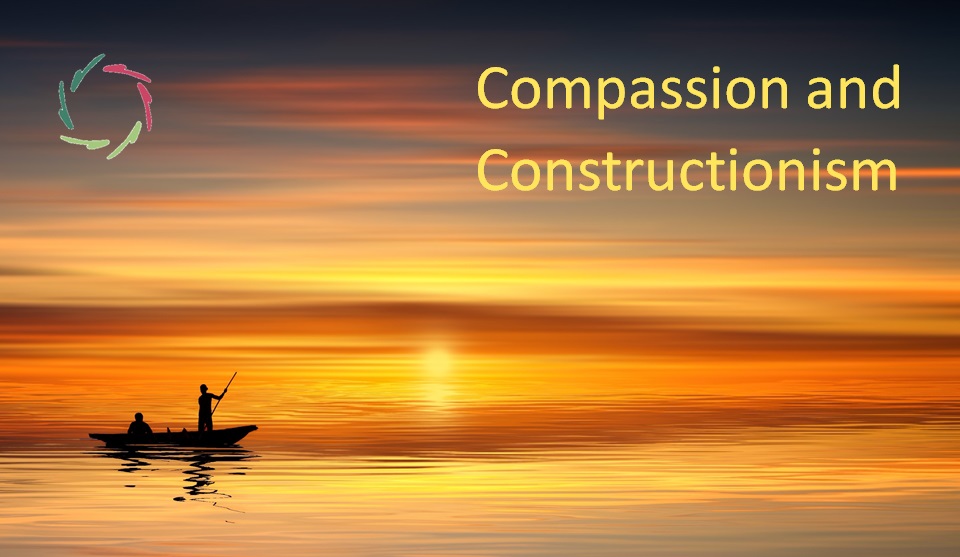The Poetic Brain

This view hasn’t been pretty widespread in the past. It may be so in the future.
Our brains are made for poetry.
The deeper one delves into neuro-brain-stuff – maps, neurons, dendrites, synapses – the more it’s at risk of becoming viewed purely materialistically. Indeed, in the end, even a painting of Goya is nothing but paint and canvas.
Contrary to this, to me, the deeper one delves, the more poetic the brain becomes. This happens over time with new brain-related scientific discoveries. In producing us, nature has not been a dull engineer. I’m not talking about one or another detail. I see poetry – and beauty – in an endless and sheer endlessly complex variation upon the same meaningful themes.
Thus, we can recognize each other in infinite ways. We can meet each other in-depth. At the soul level, we can be surprised to find the other so nearby, notably if the other is (and shows) entirely himself as a total person ― just plainly human.
The variation keeps us interested, not getting bored.
That, to me, is the essence of poetry.
Poetry distinguishes us from other animals.
Rationality is often viewed as most distinguishing — logical thinking and so on. Indeed, there is rational truth in this, but it’s not the only truth.
We’re also the only species that produces love poems. Some species perform mating dances that look nice and poetic. I dare say, these cannot compare to human output when the Muse is passing by in a good mood.
Also, religion being poetry, no non-human animal knows religion. But humans, well!
Poetry comes naturally to us, although effort may be needed for quality. Contrary to this, rationality always takes effort. It comes less naturally because the brain still is primarily not made for it. That may make it seem more like a worthwhile distinction.
Towards the future, we should value more our poetic distinction. The A.I. of the near future – after singularity – will do so anyway.
The human brain is especially capable of many things.
Our principal asset is flexibility. If our brain’s complexity Is well managed, much can emerge. This can be used towards the serial (more conceptual, conscious) as well as the parallel (more subconceptual, non-conscious) direction.
In the serial, we put things one after another and form progressions, recursions, and algorithms ― being just serial in ever more complicated forms.
In the parallel, we put things together. Due to our brain’s structure, putting things together means they tend to mentally overlap. If we let this happen, the overlap becomes profound. As such, we eventually find ways towards deeper grounds and testify about these using symbols. This is almost inevitable, and it’s poetry.
AURELIS, as you may know, is the striving to value both optimally. [see: “AURELIS USP: ‘100% Rationality, 100% Depth’“]
Of course, the brain itself is also the manager.
The conductor of the brainy orchestra is the orchestra itself. That is not weird. A human conductor – if it’s one of the poetic geniuses – of a human orchestra can also realize this.
This is Open Leadership. The conductor becomes part of the orchestra without losing himself.
Our brains need this poetry.
Only poetry is meaningful. Without it, life is meaningless, as a matter of fact.
For instance, by rationalizing the environment without taking care of poetry, we make the conditions ripe for burnout and depression, anxiety, and psychosomatic suffering.
Without poetry, our minds get sick, and our bodies too. We may fend this off by turning into stone, but that doesn’t last forever.
In the end, we need to honor our poetic brain.


